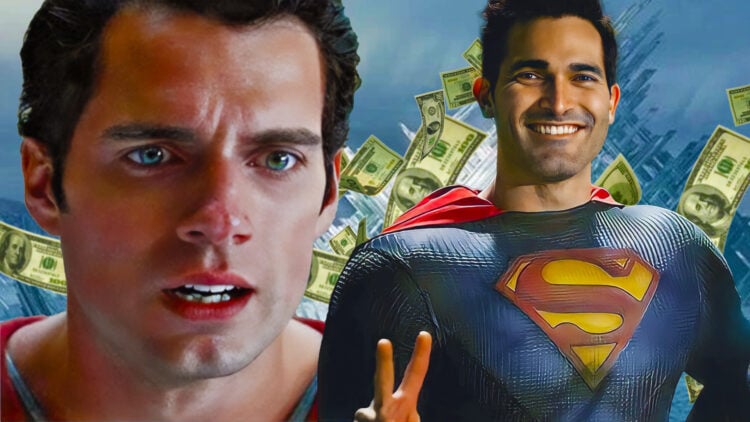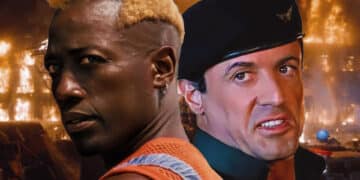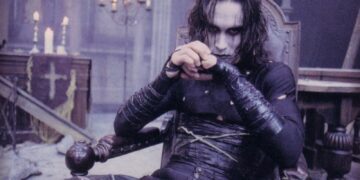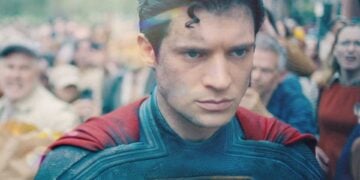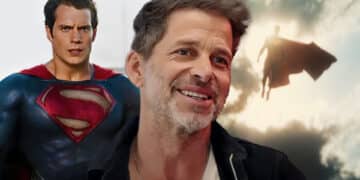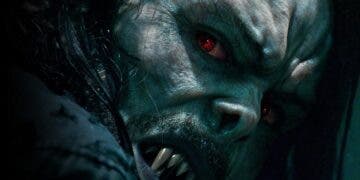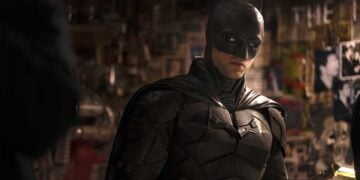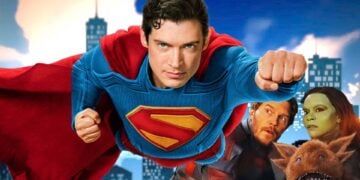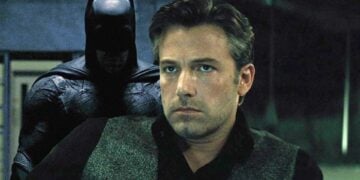It seems that when it comes to donning the iconic red cape, not all Supermen are equal, at least not when it comes to their salaries. Both Tyler Hoechlin and Henry Cavill have portrayed the Man of Steel, one for TV and one for the big screen, but the difference in their paychecks is probably as vast as Metropolis and Smallville. In fact, Cavill’s starting salary for Man of Steel in 2013 might actually surprise you—it was more like the pay you’d expect for a “mild-mannered reporter” like Clark Kent than a world-famous superhero like Superman.
Henry Cavill’s Modest Start As The DCEU’s Superman
Fresh off his acclaimed TV role in Showtime’s The Tudors, in 2013, British actor Henry Cavill, who was hardly a household name at the time, introduced the world to new version of Superman in Zack Snyder’s Man of Steel. However, Warner Bros. didn’t necessarily roll out the red carpet for the actor. Instead, they offered him a relatively modest $300,000 for his debut as the DCEU’s Superman.
For context, that’s around what Marlon Brando pocketed for two weeks of work as Jor-El in Superman: The Movie—a paycheck worth $17.8 million today when adjusted for inflation. In fact, Cavill’s earnings are also lower than Christopher Reeve’s $250 000 salary for playing Superman back in 1978 (when adjusted for inflation), despite Reeve being a virtual unknown at the time, too.
The good news is that Cavill’s fortunes improved with subsequent DCEU films. For Batman v Superman: Dawn of Justice, he reportedly earned $14 million, and his paycheck for Justice League soared to $20 million. However, his starting salary of $300,000 remains a stark reminder that superhero-origin roles don’t always come with super paychecks – especially when you’re contracted by a studio like Warner Bros.
RELATED: Why The World Needs Superman
Tyler Hoechlin’s TV Take: A Family Man with a Bigger Payday
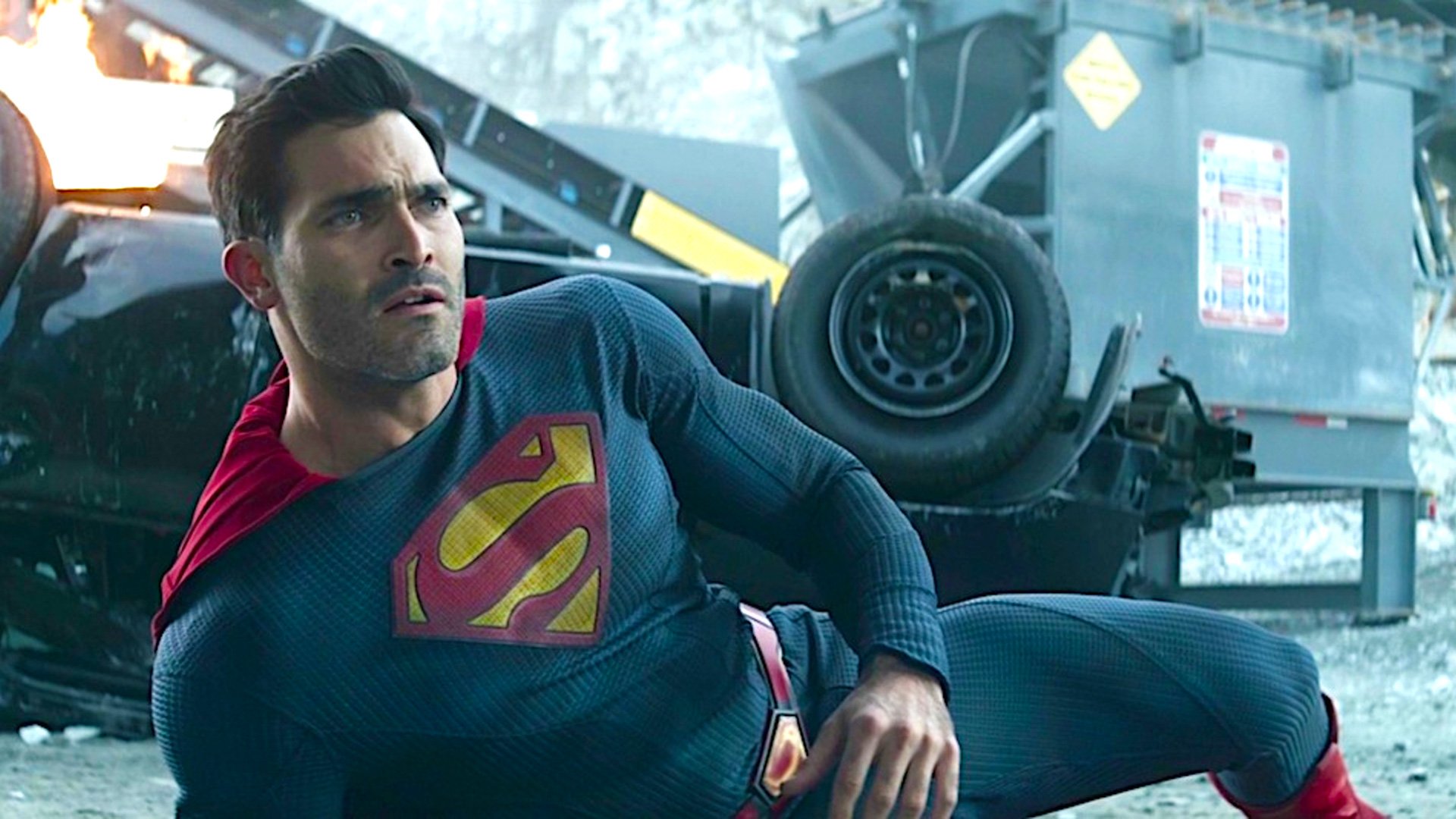
In 2021, Tyler Hoechlin stepped into the cape as TV’s Superman in The CW’s Superman & Lois. It was a slightly different take on the world’s most popular superhero. While Cavill’s Superman was often dark and brooding, Hoechlin’s Clark Kent was grounded in a lot of family drama, balancing superhero duties to the world with fatherhood, being a husband, and his life in Smallville.
But here’s where things get really interesting: according to reports, Hoechlin earned between $100,000 and $200,000 per episode. With approximately 15 episodes per season and four seasons under his belt, Hoechlin’s total earnings could range anywhere between $5.3 million and $10.6 million for 53 episodes. For comparison, that’s 40 hours of TV versus Cavill’s handful of blockbuster appearances (around 4, if you count the Black Adam cameo).
It’s no surprise that TV pays differently. The weekly grind of episodic television eventually adds up, and for Tyler Hoechlin, that meant more consistent paychecks compared to Henry Cavill’s more sporadic (but increasingly hefty) movie salaries.
RELATED: Is A Superman: Red Son Film Starring Henry Cavill Happening? James Gunn Sparks New Hope
Why the Pay Gap Makes Sense
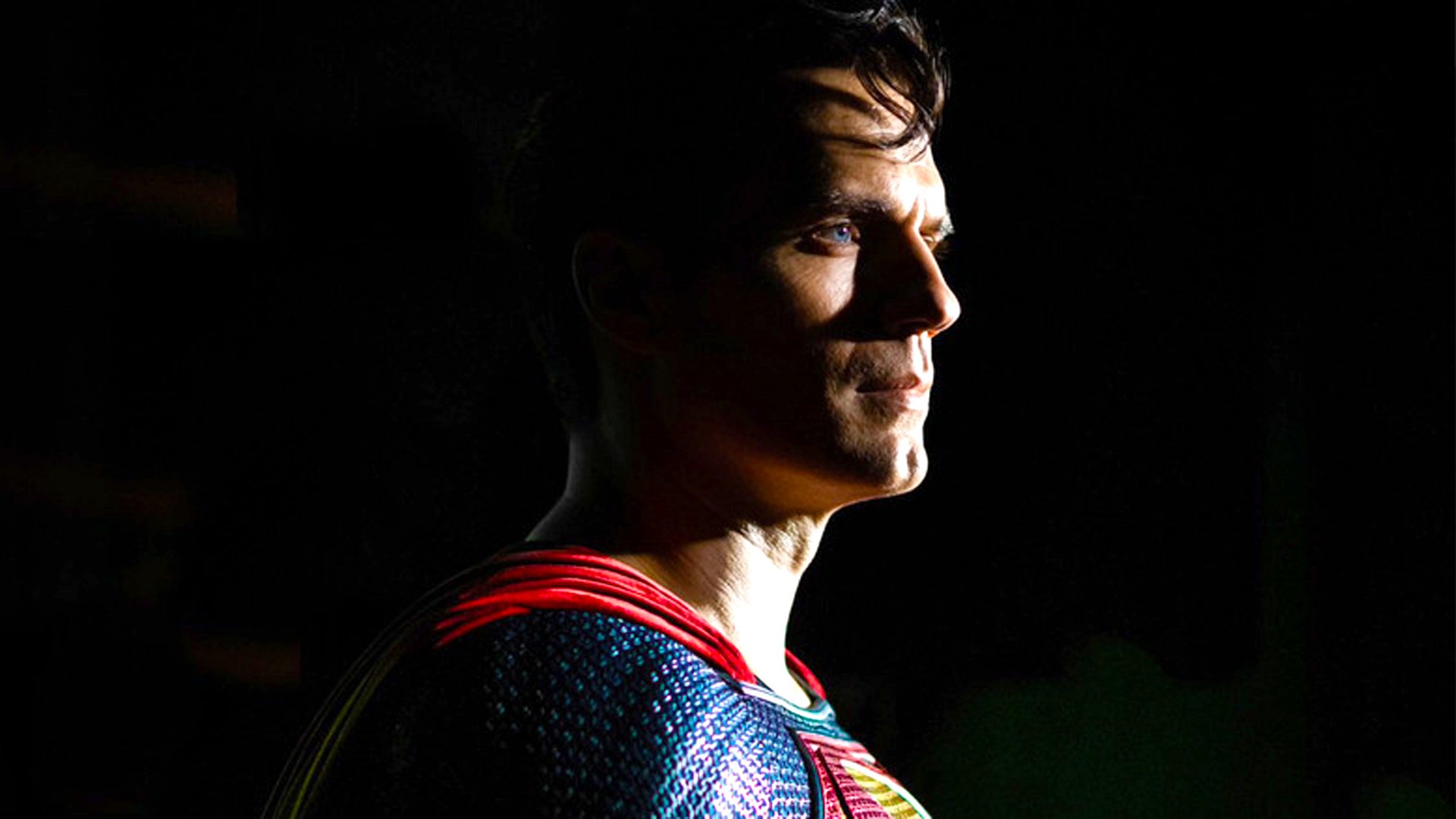
The huge difference between Cavill’s and Hoechlin’s paychecks is actually quite normal for the industry. Movie stars usually start off with smaller salaries and climb the ladder with deals and bonuses for big box office returns. Television actors, on the other hand, get a consistent rate per episode, which, surprisingly, could potentially even surpass what movie actors earn.
In fact, Cavill’s experience mirrors that of many franchise stars. John Boyega, for example, reportedly made peanuts for The Force Awakens. However, once the franchise took off, he was able to command a lot more money.
Cavill also later earned a whopping $1 million per episode for Netflix’s The Witcher Season 2 and a cool $250,000 for just a few seconds of screen time as Superman for his Black Adam cameo.
In other words, there’s really no reason to feel sorry for him.
Let’s just hope the next Superman, David Corenswet, gets a salary worthy of the red cape from the start. After all, the Man of Steel deserves fair compensation for saving the world, right?


